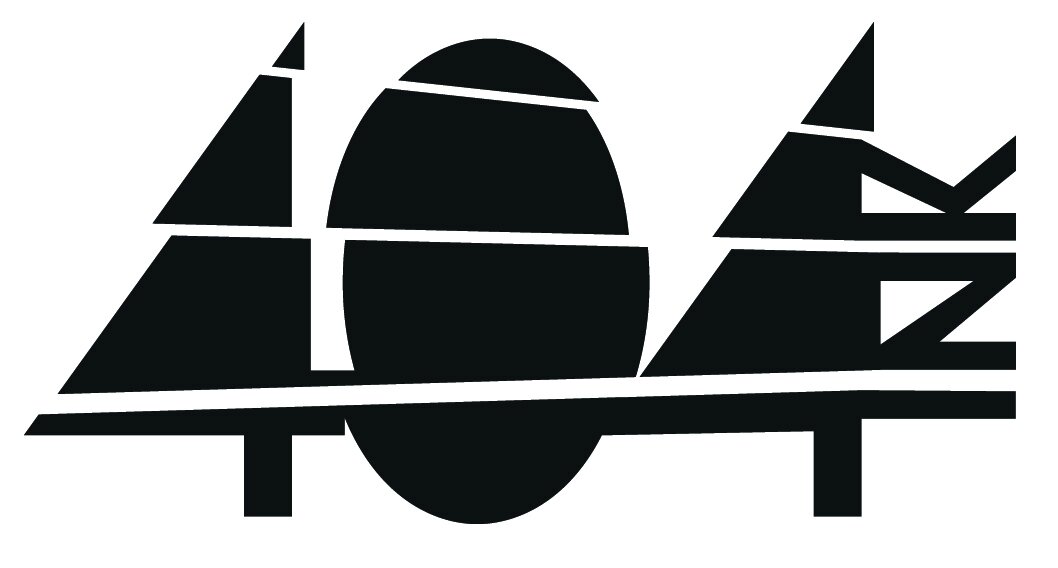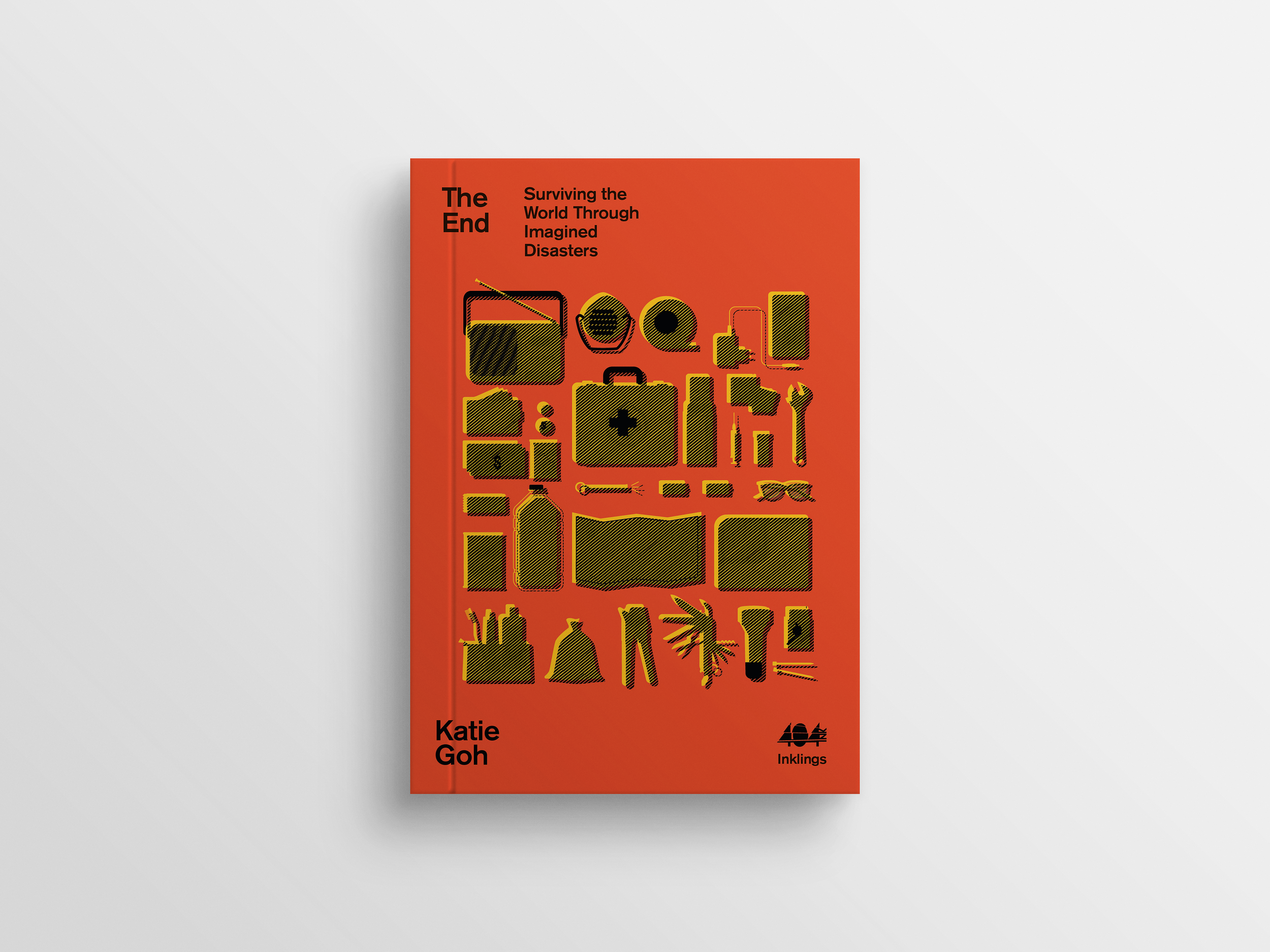 Image 1 of
Image 1 of


Inklings #19: Machine Readable Me - Zara Rahman
Machine Readable Me considers how and why data that is gathered about us is increasingly limiting what we can and can’t do in our lives and, crucially, what the alternatives are.
Machine Readable Me considers how and why data that is gathered about us is increasingly limiting what we can and can’t do in our lives and, crucially, what the alternatives are.
Machine Readable Me considers how and why data that is gathered about us is increasingly limiting what we can and can’t do in our lives and, crucially, what the alternatives are.
As we go about our day-to-day lives, digital information about who we are is gathered from all angles via biometric scans, passport applications, and, of course, social media. This data can never fully capture our complex, fluid identities over decades of our lives. Yet, this data populates numerous databases we may not even be aware of that can make life-or-death decisions such as who is allowed access to welfare benefits or who is granted food parcels as they pass war-torn borders.
A joy of humanity is being able to decide who we are and how we represent ourselves publicly and privately. Thanks to an over-reliance of government bureaucracy upon systems which assume that digital avatars are representative enough, data about our identities can restrict the paths available to us in life, professionally and personally, often strengthening systemic inequalities along the way.
Machine Readable Me considers how and why data that is gathered about us is increasingly limiting what we can and can’t do in our lives and, crucially, what the alternatives are.





